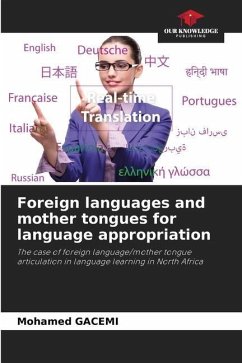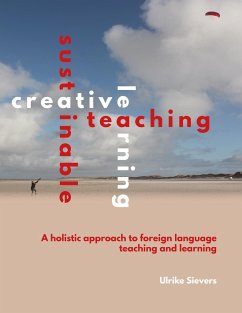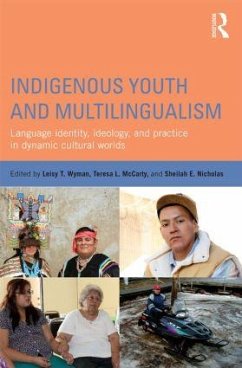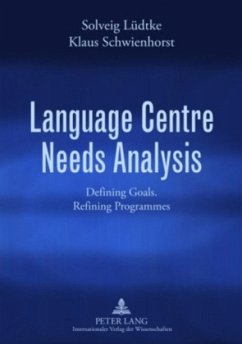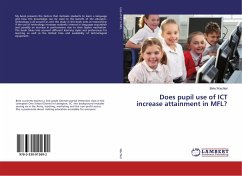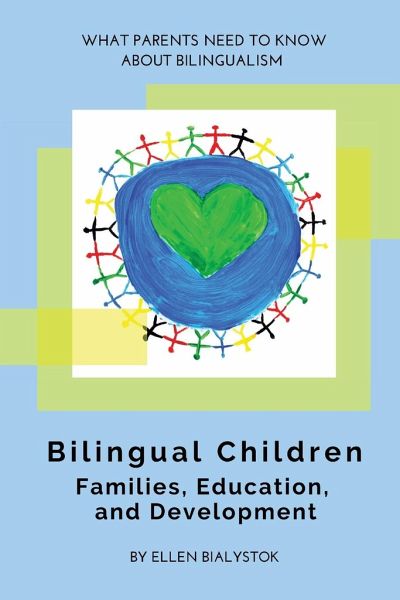
Bilingual Children
Versandkostenfrei!
Versandfertig in 1-2 Wochen
16,99 €
inkl. MwSt.

PAYBACK Punkte
8 °P sammeln!
Multilingualism is achieved through different paths, at different ages, and for different purposes. But languages matter, and the experiences and abilities we acquire with languages impact our cognitive, social, and emotional lives. Moreover, we are now in a position in which we can control our language learning experiences and opportunities to a far greater degree than previously possible, so it is important to pause and examine what we know about multilingualism, foreign language learning, and their effects on individuals and families. The global and historical prevalence of multilingualism ...
Multilingualism is achieved through different paths, at different ages, and for different purposes. But languages matter, and the experiences and abilities we acquire with languages impact our cognitive, social, and emotional lives. Moreover, we are now in a position in which we can control our language learning experiences and opportunities to a far greater degree than previously possible, so it is important to pause and examine what we know about multilingualism, foreign language learning, and their effects on individuals and families. The global and historical prevalence of multilingualism should be reassuring to those who struggle with the decisions around language use in their families and communities but we still want to make the best decision possible. The purpose of this book is to examine what is known about these issues in order to understand the impact of multilingualism on children



